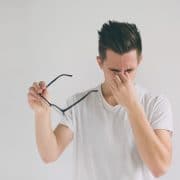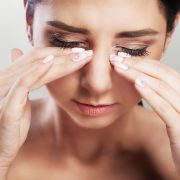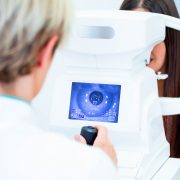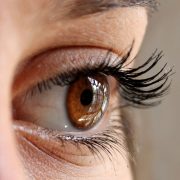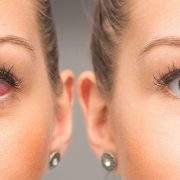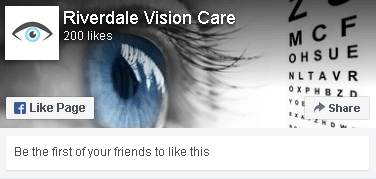Stye, Stye in My Eye – What You Really Need to Know About Eye Styes
Styes are one of those common visual health ailments that most people know all about because they’ve likely had one. In fact, the fun little rhyme about sending a stye to someone else’s eye cemented styes in most of our memories as children. But, what is a stye really, should you be concerned, and how can a stye be treated? Here are a few things you should know.
What exactly is a stye?
The medical term for a stye (which can also be spelled stye) is hordeolum. The condition is characterized by a painful, irritated bump that usually shows up close to the rim of the eyelid. The most typical place for a stye to show up is on the outside of your eyelid, but the irritating bump can also pop up on the inner rim. The small bump is most often caused by a blocked oil gland. The eyelids have a number of oil glands that can become blocked due to excess oils, eye makeup, and dirt from your hands after rubbing your eyes.
Should you seek an eye doctor if you have a stye in your eye?
Normally, a stye will go away on its own without eye doctor treatment. You can try:
- Using a warm compress on the stye several times a day
- Cleaning your eyelids thoroughly with warm soap and water
- Taking ibuprofen to relieve the pain and lessen any inflammation
When should you be worried about a stye?
If the stye does not go away on its own within a few days, is causing you a great deal of pain, or is causing problems with your vision, it is best to see an eye doctor for advice. In some cases, a severe stye will have to be treated with a topical antibiotic ointment so it will go away. In even rarer cases, an eye doctor may need to lance the stye so the collected oil or infection can drain out.
Talk to a Wilmington Eye Doctor About Styes in Your Eyes
While you may not get rid of a stye by speaking it into someone else’s eye, these mild eye health issues are usually no big deal. If you have problems with a stye or have recurring styes, reach out to us at Riverdale Vision Care to schedule an appointment.

